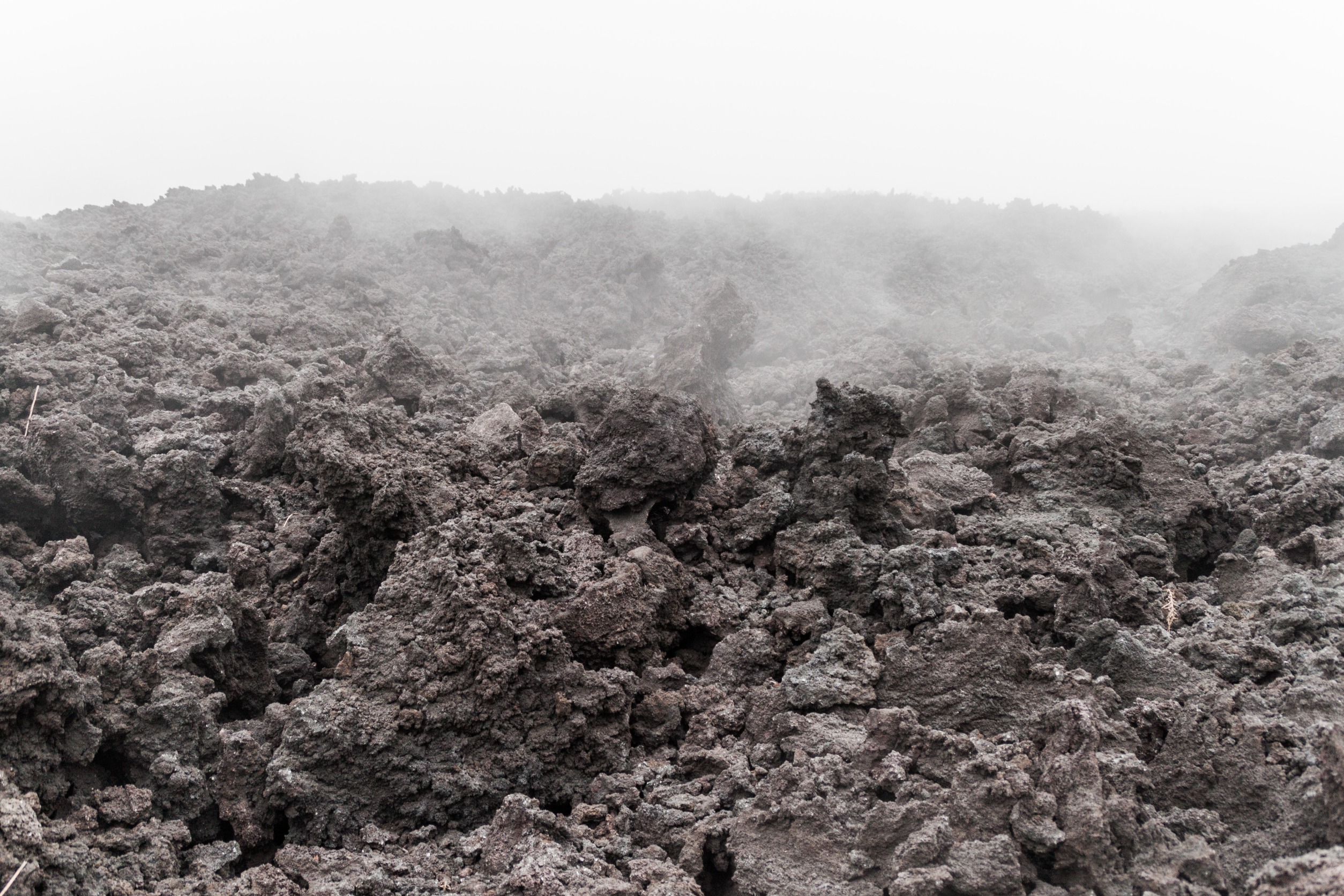Salt is a primary tool used by cities to keep roads safe during snowy weather, but while the salt helps melt snow and improve traction, it also has detrimental effects on the environment and infrastructure. Road salt is often a combination of regular salt and additives like magnesium chloride and potassium chloride. It can do extensive damage to roads, cars, and local ecosystems, which is why researchers from the University of Denver are searching for a greener alternative.
The US Snowbelt region alone uses 20 million tons of road salt each year. The salt rusts out the bottom of cars and the negatively charged chlorine ions alter the chemistry of water to make it more corrosive for road materials like steel and concrete.
Additionally, the runoff from this salt inhibits plants’ ability to take up water, killing trees near roadways and contributing to fire risk. The salty water that makes its way into streams and rivers damages fish populations and produces cyanobacteria, toxic blue-green algae.
So what is a potential natural alternative? Researchers started with species of spiders, insects, and fish that contain natural antifreeze proteins in their bodies. These allow the animals to survive in harsh climates and researchers studied them to learn how to replicate natural antifreeze.
Using advanced computer modeling to understand how these compounds interact with water, they found that the bulk of the work is done by small compounds called hydroxyl groups, made up of hydrogen and oxygen atoms. These groups lock onto water molecules to prevent ice from forming and also bind with any developing crystals to prevent them from getting bigger.
To replicate this process, the researchers are working with non-toxic polyvinyl alcohol, which contains the same hydroxyl groups. Chemical engineering allows scientists to change the location of these groups to more closely replicate natural animal-based antifreeze compounds. The developed prototype has a long way to go before it makes its way to our roads, but eventually, it could provide a natural and non-destructive alternative to road salts.












